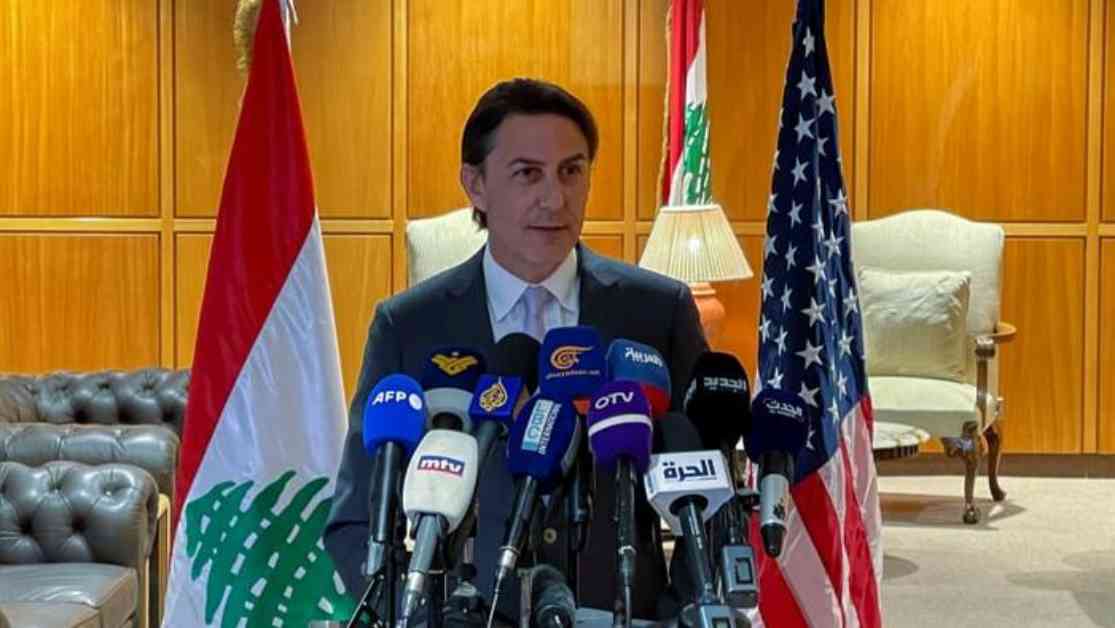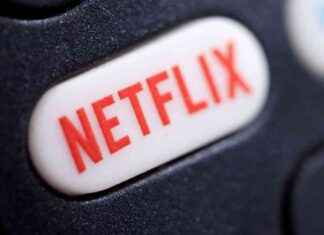The White House has issued a stern warning against the escalation of conflict between Israel and Hezbollah, as tensions continue to rise with daily rocket and drone attacks. Amidst these heightened hostilities, Amos Hochstein, the special envoy for the region appointed by President Biden, has indicated to the Lebanese government that the US is prepared to support Israel in a potential anti-Hezbollah offensive if diplomatic efforts fail.
During his meetings with officials from both sides of the border, Hochstein made it clear that the US would stand behind Israel and refrain from publicly condemning any offensive action taken against Hezbollah. This message was relayed to Lebanese leaders such as caretaker Prime Minister Najib Mikati and Speaker of Parliament Nabih Berri. The envoy also outlined expectations of intensified fighting in Gaza for about five more weeks before a potential shift of focus to the northern border by Israeli forces.
While Hochstein emphasized the readiness of Israeli officials to address the situation in southern Lebanon and facilitate the return of displaced citizens to their homes, he also expressed a hope for negotiations between Israel and Hezbollah to achieve a peaceful resolution. Despite the warnings from Hezbollah leader Hassan Nasrallah about the consequences of an Israeli invasion, including potential attacks on neighboring countries like Cyprus, efforts to prevent further escalation and avoid a broader regional conflict remain crucial.
As the possibility of a major war on the Israel-Lebanon border looms, the involvement of other regional players such as Iran, Syria, Iraq, and Yemen raises concerns about the potential entanglement of US forces in the conflict. The complex dynamics in the Middle East underscore the importance of diplomatic initiatives and de-escalation efforts to prevent further destabilization in the region. It is essential for all parties involved to prioritize dialogue and negotiation in order to avert a catastrophic escalation of violence.








